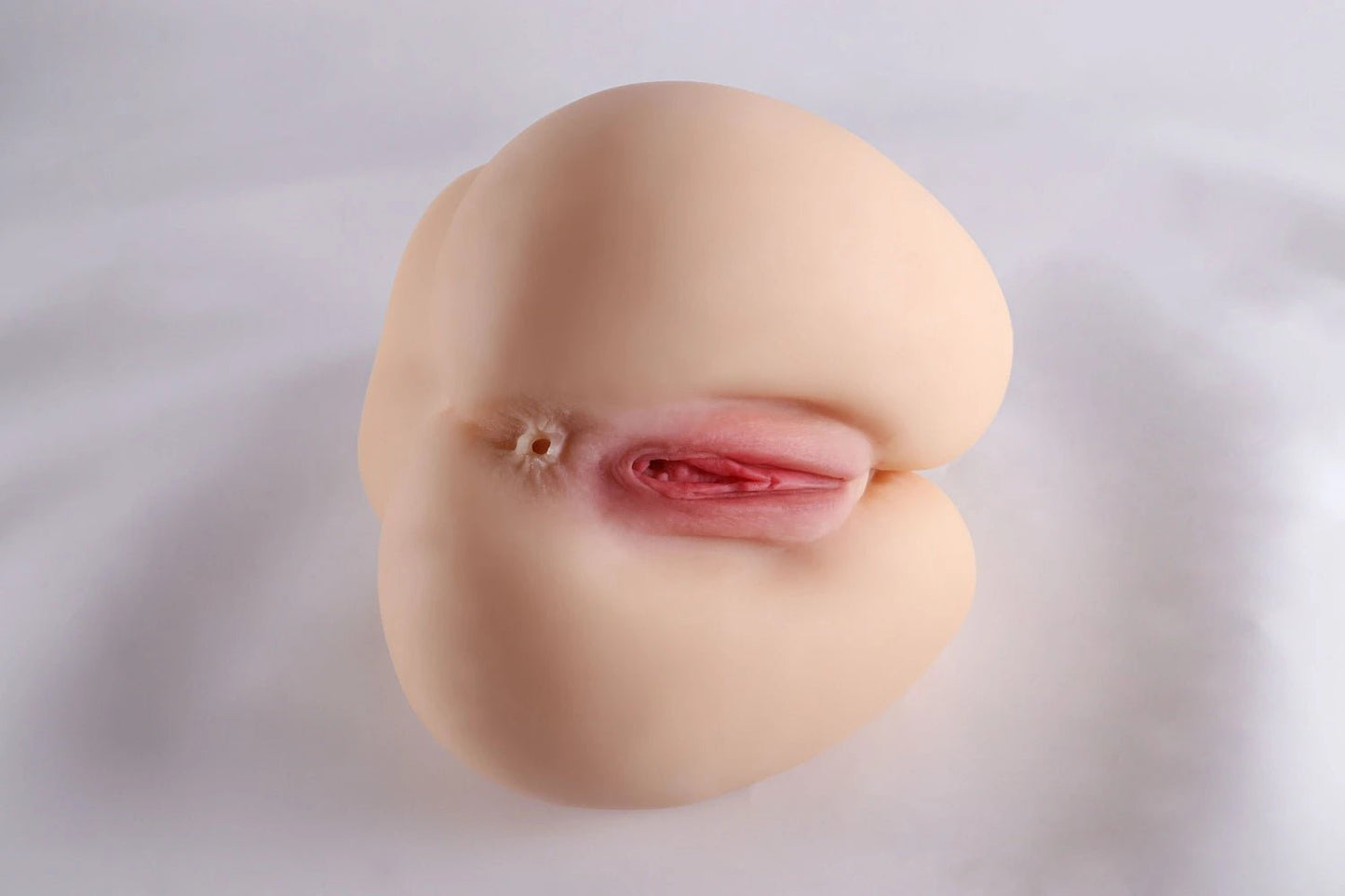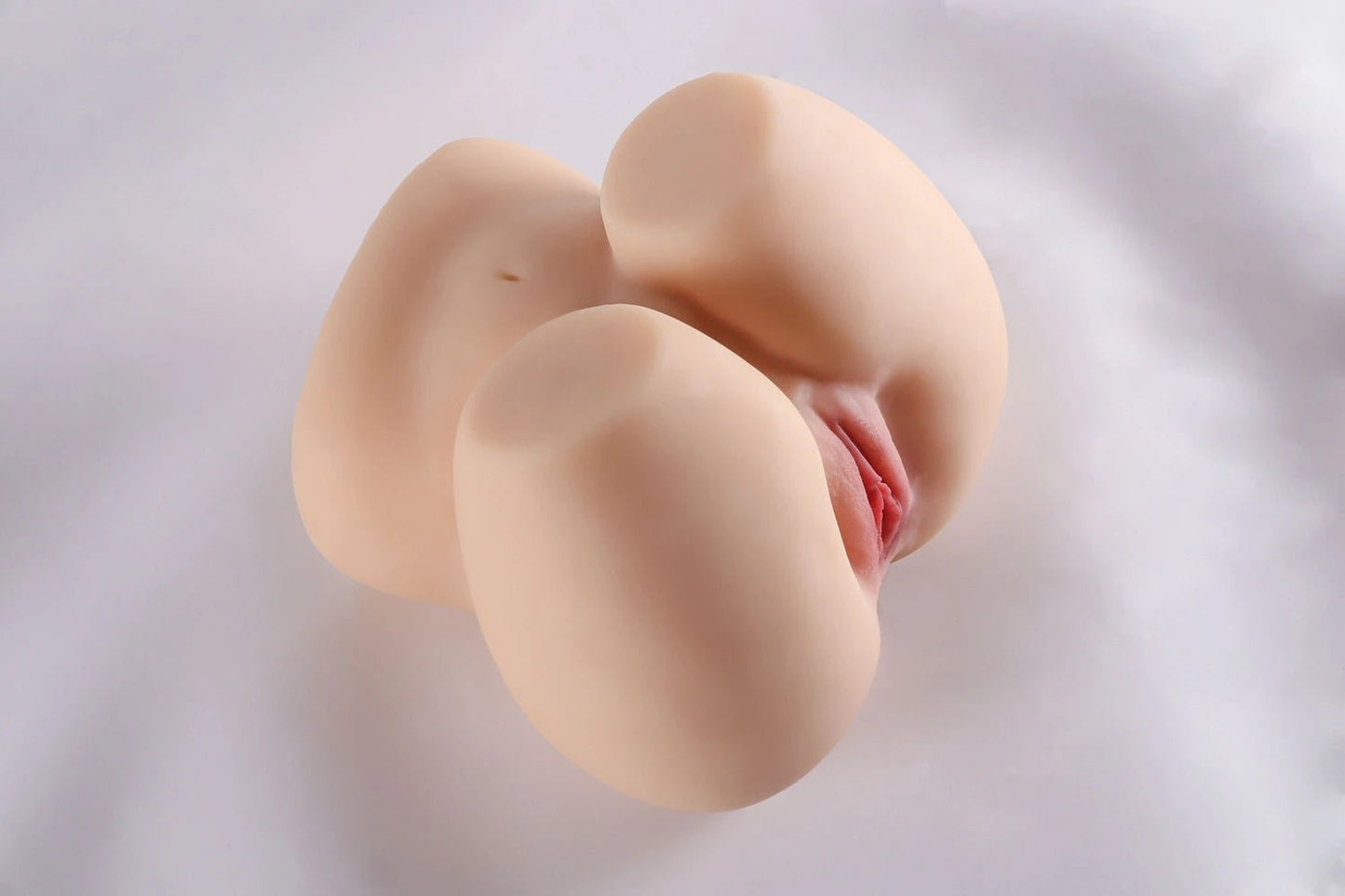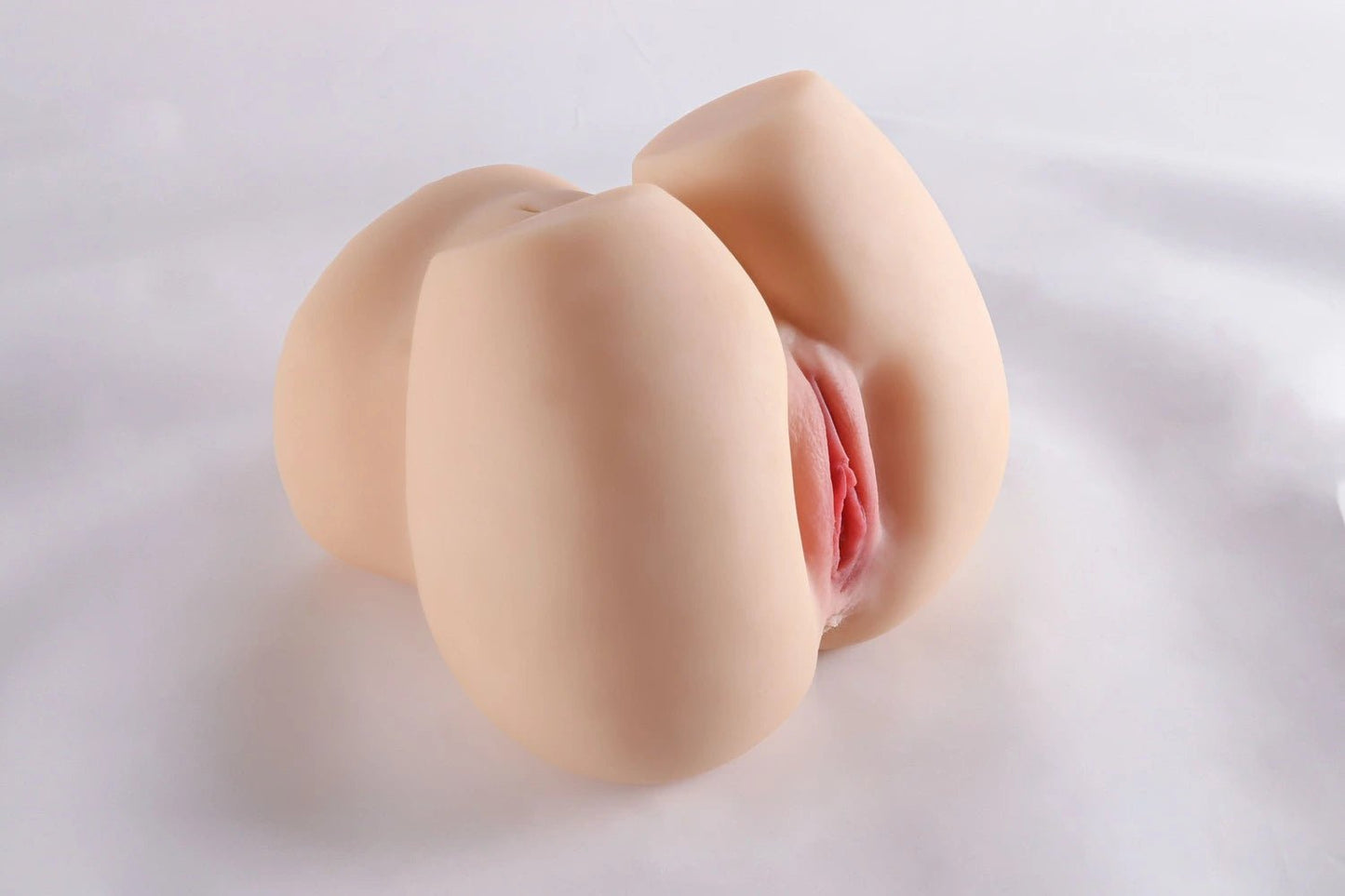Translation missing: en.sections.cart.empty
Continue shoppingTranslation missing: en.sections.cart.login.title
Translation missing: en.sections.cart.login.paragraph_html
Translation missing: en.sections.cart.title
Translation missing: en.sections.cart.estimated_total
€0,00 EUR
✨ Victime de son succès ! PTIKU est à nouveau en rupture de stock cette saison. 🚚 Précommandez dès maintenant pour recevoir votre colis en priorité dès le retour de nos équipes en août !
As 2025 dawns, the quest for modern personal comfort is taking center stage in wellness practices. In a world where demands are constant and intimacy is sometimes compromised, sensory exploration without judgment is becoming a fundamental need. Solo pleasure, long marginalized, is now asserting itself as a healthy expression of emotional balance. This guide is aimed at those who wish to cultivate their inner space with confidential pleasure solutions , combining discretion, self-respect, and autonomy. Through discreet wellness products , adapted rituals, and a reassuring environment, it is now possible to fully flourish, far from the gaze of others and external injunctions.

Long relegated to silence or shame, personal pleasure is undergoing a radical evolution. In a context where mental and emotional comfort has become a priority, the need for privacy is emerging as a pillar of the quest for fulfillment. This need doesn't just concern the objects or accessories used: it affects the entire experience—from choice to use, including storage and digital security.
At PTIKU, each intimate routine is designed as a space of personal comfort, respectful of each person's body and rhythm. If you want to extend this experience with objects designed to last, explore our complete selection of crystallized silicone half-dolls , available on our homepage.
For people living in shared accommodations, with their parents, or simply in shared housing, this discretion is not a luxury; it's a requirement. And even in homes where the subject is less taboo, discretion often remains a voluntary choice, a way of preserving personal space without external justification.
Taking care of oneself independently has become a necessity in a society where the frenetic pace imposes few breaks for introspection. This moment, experienced alone and discreetly, allows one to reconnect with personal sensations that are often neglected. It is not a simple moment of relaxation, but a profound act of listening to oneself. In 2025, this practice is no longer perceived as marginal, but as a healthy expression of inner balance. It allows one to temporarily distance oneself from constant demands, to slow down, and to find a form of serenity through an intimate sensory experience.
And to understand the impact of discreet intimacy on emotional well-being, you can check out this INSERM study on sexuality and well-being , which illustrates how these personal practices can soothe, balance, and support modern mental health.
This type of moment offers a space of freedom where everyone can experiment at their own pace, without obligation or outside scrutiny. Whether at the beginning of the day to kick-start it, or at the end of the evening to unwind, these moments have the power to transform a routine into a beneficial ritual. Sometimes all it takes is a subdued environment, a pleasant fabric against the skin, or a chosen silence for the connection to the body to become deeper. These seemingly simple details help create a bubble of mental and physical comfort.
One of the major benefits observed is emotional calming. By refocusing on their sensations, the individual releases accumulated tension, reduces their stress levels, and improves the quality of their sleep. These personal moments are often associated with greater self-awareness. Learning to identify what relaxes, what comforts, or what gently stimulates allows them to adjust their habits and better meet their needs. This connection with themselves, nourished without performance demands, strengthens inner confidence.
These practices also contribute to emotional independence. They offer a source of self-contained comfort, without relying on external factors. This becomes particularly important during periods of loneliness, transition, or mental overload. Creating a discreet and respectful moment of respite becomes a bulwark against social injunctions and imposed standards. It's a way of saying yes to your own pace, to your own preferences, without justification.
This approach to personal comfort is gradually becoming part of modern routines. It encourages a vision of well-being centered on quality rather than quantity, on sensation rather than demonstration. It is also a response to shared environments where intimate space is limited. Through simple gestures, it becomes possible to maintain one's balance without noise or exposure. This redefinition of intimacy, sober, gentle, and thoughtful, finds its place in a more conscious and respectful lifestyle for the individual.

Establishing a discreet intimate routine allows you to create a space for disconnection without judgment or constraint. This ritual, however simple, contributes to emotional balance, particularly in stressful or overconnected environments. It can be short, repeated moments, or longer moments dedicated to gentle sensory exploration.
Users who incorporate these routines often report improved sleep, better stress management, and a more peaceful relationship with their bodies. The effect is therefore not only physical, but also mental and emotional.
This respectful approach promotes greater self-awareness, far removed from clichés or imposed representations. It values autonomy, discretion, and sensory connection in a caring environment.

Recent testimonials reveal several strong and recurring expectations. First and foremost, the need for products that fit into their daily lives without creating inconvenience or logistical complications. Ease of storage, low noise levels, and resistance to humidity are now essential criteria.
Next comes reliability, a sense of security, and the ability to experience the experience without outside interference. This search for protection concerns not only the product, but also the entire customer experience: discreet website, secure payment, neutral packaging, and non-judgmental support.
There's also a growing desire to explore subtle, gender-neutral pleasures that are more sensory than mechanical. This confirms a paradigm shift where intimacy is no longer seen as taboo, but as a legitimate aspect of personal hygiene.
Creating a cocoon is an essential step. It doesn't necessarily mean having a dedicated room, but rather creating a comfortable, warm, and personal corner. Even a small space can become a refuge if you combine it with the right elements: soft lighting, pleasant textiles, soothing scents, silence, or soft music.
The goal is to feel fully yourself. To enter a sensory bubble, where external stimuli disappear, where time stands still. In this setting, every gesture becomes more conscious, every sensation more refined. It's these small details that transform an intimate experience into a moment of full presence.
In this dynamic where personal comfort is becoming a true social value, the personalization of privacy takes on its full meaning. Each individual develops their own routine, adjusted to their lifestyle, emotional needs, and logistical constraints. This is why discretion, portability, ergonomics, and ease of storage have become essential criteria in the choice of wellness objects.
For example, several users explain that an object that is too bulky or difficult to conceal immediately loses its usefulness in everyday life. The fear of being seen, judged, or simply interrupted can significantly alter the experience. In 2025, this reality is taken into account from the design stage: intimacy products are discreet, silent, visually neutral, and blend into the decor without arousing curiosity. It is this fusion with the domestic environment that allows for true inner liberation.
The need for privacy doesn't stop at design. It also affects psychological and social aspects. The gaze of others, even implicitly, can still hamper personal enthusiasm. This is why brands that value respect, attentiveness, and empathy gain user trust. Being reassured about confidential delivery, neutral after-sales service, or discreet payments is becoming as important as the quality of the product itself.
This trust allows individuals to explore their intimacy with greater serenity. And in this secure personal space, the body can finally relax. Tensions accumulated in professional or family life are naturally released, giving way to a gentle and soothing reconnection. This is where discreet pleasure meets mental health issues: better managing stress, regaining natural hormonal balance, promoting sleep, and even alleviating certain disorders related to loneliness or anxiety.
The testimonies often point in the same direction: “It's not just a question of pleasure, it's a form of care. A moment for myself, without pressure, without expectations.” These responses reveal the cultural evolution underway. Far from consumer clichés, intimacy in 2025 is becoming a domain of well-being, body awareness, and full self-awareness.
We're also seeing the emergence of small rituals that accompany these moments of sensory withdrawal. Soft music, indirect lighting, soothing essential oils, a warm blanket... These are the additional elements that transform the experience into an immersive one. And this immersion promotes listening to the body, nervous relaxation, and emotional anchoring.

In a society where everything is accelerating, taking the time to reconnect with oneself is becoming an almost revolutionary act. This reconnection doesn't only involve relaxation techniques or complex rituals. It can also arise from simple, embraced moments experienced in a reassuring setting. Intimacy, when respected and preserved, once again becomes a powerful field of personal exploration. In 2025, this quest no longer concerns only a minority, but reaches a broad audience, seeking balance, peace, and bodily and emotional truth.
It's no longer uncommon to see men and women alike talk about their need for a space of their own, a mental chamber where nothing judges. These moments have become essential for freeing oneself from ambient stress, performance demands, or social roles. In these silent and caring spaces, personal pleasure finds its natural place, without being labeled or stigmatized. This universal need is pushing the most advanced brands to rethink their creations not as objects, but as extensions of human comfort.
The evolution of materials plays a major role. The materials used are designed to react to body temperature, to fit the skin without harming it, to create a reassuring, almost familiar feel. It's not just about imitating reality, but enhancing it through textures that evoke warmth, softness, and tenderness. In this way, personal well-being becomes a multi-sensory experience. Sight, touch, but also neutral scent or the way the object can be tamed all contribute to a coherent, subtle, and fluid whole.
What's changing in 2025 is also the way we talk about these topics. We no longer necessarily hide, but we choose our interlocutors. The word "pleasure" is now accompanied by notions like autonomy, slowness, quality, and respect for biological rhythms. This transformation of vocabulary contributes to a healthier democratization of intimacy. It breaks down the walls between shameful silence and sincere expression. For many, this opens the way to a better understanding of oneself and an acceptance of one's desires, without guilt or social tension.
Users advance on this personal journey at their own pace, often guided by attentive brands, thoughtful educational content, and carefully designed objects. The importance of discreet, human customer support, capable of responding without judgment, also contributes to this climate of trust. The platforms that succeed today are those that offer more than a product: they provide a space for support, a deep understanding of expectations, and a sincere, non-intrusive approach rooted in each individual's reality.
Society is evolving toward greater plurality: blended families, adult shared accommodations, nomadic lifestyles, and growing independence. This diversity is shaping a new definition of intimate comfort, one that is more flexible and guilt-free. Brands that embrace these shifts and design inclusive solutions are becoming valuable allies in everyday life. Offering everyone the opportunity to experience their intimacy without justification or embarrassment is a powerful indicator of modern emancipation.
The development of products designed for sensory autonomy allows us to break free from gendered or performative stereotypes. Pleasure no longer follows a single model; it becomes personal, evolving, and connected to the emotional state of the moment. This new freedom allows everyone to explore themselves at their own pace, in a conscious and peaceful manner.
Adapting your home, your lifestyle, and your objects to your body's needs is a powerful approach. It transforms pleasure into an extension of mental and physical hygiene. In this way, current intimate solutions fit into a broader vision of well-being, close to mindfulness or preventive health.

Discretion isn't just about visual or logistical aspects. It also includes a new focus on silence, listening to the body, and subtle cues. In 2025, many users are looking for gentler, slower experiences, free from the pressures of performance or image. In this context, the sensory dimension takes precedence over the spectacular.
A calm environment, a subdued atmosphere, a familiar feeling in the palm of your hand: these details, once secondary, become fundamental. They help create a trusting inner space, conducive to relaxation and reconnection. The intimate solutions that fit into this framework promote slowness, self-listening, and gentleness as levers for personal growth.
This approach, centered on discreet well-being, restores the body's place without making it a showcase. It encourages personal experimentation, free from social pressure and external judgment. Far from being marginal, this practice is now rooted in a modern vision of intimate health, at the intersection of care, autonomy, and self-respect.
👉 Also read: A good moment of relaxation also requires a clean and pleasant-to-the-touch object. Discover our tips for no-compromise maintenance

This paradigm shift marks a transition to a more conscious society, where the pursuit of intimate comfort is no longer marginal but fully integrated into overall wellness practices. In 2025, it's becoming normal to question how our intimacy aligns with our emotions, our living space, and our need for discretion. This social evolution is also supported by brands committed to quality, listening, and respect for their users.
Advances in materials, ergonomics, and sensory perception offer new perspectives to users, who can now choose objects designed for them, not for standardized uses. This respect for individuality is reflected in the diversity of formats, customization, and even the way products are delivered and presented. Every detail counts, every use is respected.
Discreet comfort is part of this vision. It's not just a technical response to logistical or social constraints, but a state of mind. A conscious choice that values emotional independence, quality of experience, and the freedom to experience one's pleasures without pressure, norms, or justification.
Ultimately, exploring pleasure in complete intimacy means affirming a new form of freedom: that of taking care of oneself in all simplicity, without guilt or spectacle. It means choosing an inner space where respect, gentleness, and authenticity reign.
Also discover:
Create a quiet corner with easy-to-store items, soft lighting, and comfortable materials. The key is to feel safe and free to move around.
Choose a discreet, quiet format with soft, skin-friendly textures. A good product is easy to use, without causing discomfort or interruptions.
Absolutely. In 2025, personal intimacy is perceived as a legitimate need. Creating a discreet ritual isn't isolating, but a healthy choice to listen to yourself.
Le bruit est minimal, c’est parfait pour une utilisation discrète.
Rien à redire, expérience vraiment surprenante.
Le poids donne une sensation de stabilité, parfait pour une expérience réaliste.
PTIKU©
MINIKU© 🍑


